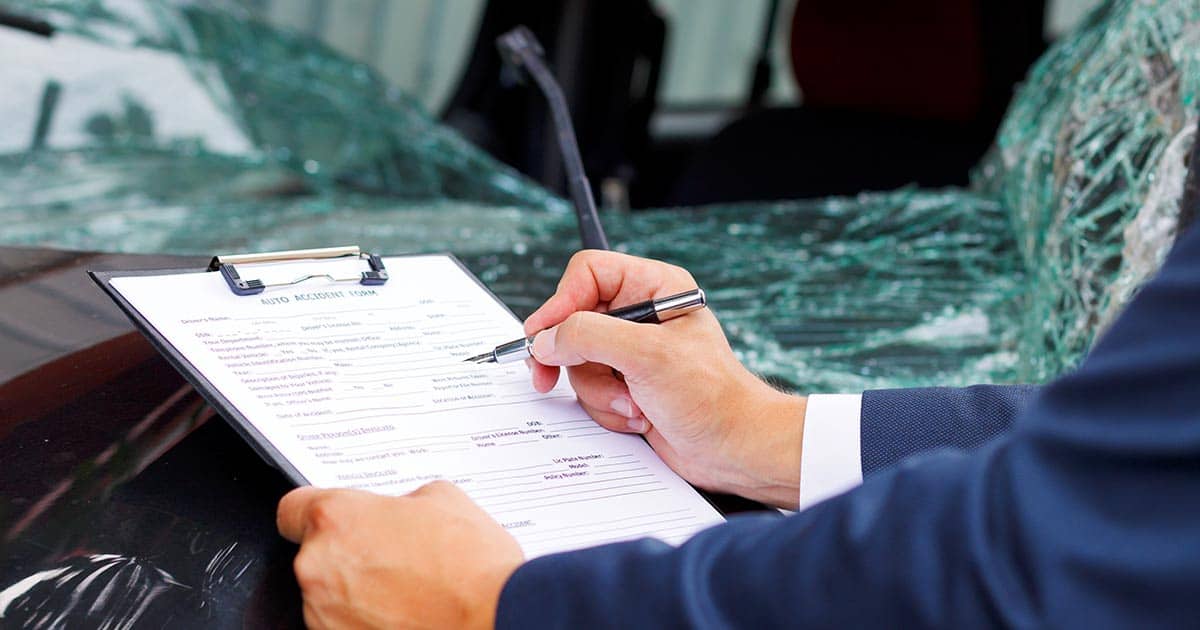4 Signs You Have a Strong Car Accident Claim
If you were seriously injured in a car accident, there are certain elements you must prove to recover compensation for your medical bills, lost income, pain and suffering, and other damages. Even if it’s clear that another party was responsible for causing the crash. The insurance company could exploit weaknesses in your case to reduce or deny your claim. In this article, we look at the most important ingredients of a strong car accident claim
1. Evidence to Prove Liability
Most car accidents are the result of driver error. Tailgating, running traffic lights, distracted driving, and drunk driving are just a few examples of motorist negligence that can lead to collisions.
Proof of liability in these claims can include photos of property damage, deposition from percipient witnesses and expert witnesses, an official accident report compiled by the police, video recordings, surveillance footage, and photos of property damage at the accident scene.
If the accident wasn’t caused by a driver, there are other types of evidence you might need to prove liability. For example, if a pothole caused your collision, your attorney would likely have to show that the government entity tasked with maintaining that stretch of road was negligent in its duties. Keep in mind that much of the evidence listed here may be withheld by the party that possesses it. However, your lawyer may still be able to obtain this evidence by filing a subpoena.
2. Evidence to Prove Damages of the Accident
Your attorney will help estimate a fair settlement based on the relevant statutes, case law, and the facts of your case. However, the insurance company may challenge your lawyer’s calculations. To support these estimates, your attorney will need to supply evidence detailing the costs you’ve incurred as a result of the crash such as financial records, medical records, receipts and invoices, your personal injury journal, pictures of injuries you sustained, and expert witness deposition.
3. Evidence to Prove Accident
Evidence of causation will help you show that your damages would not have accrued but for the accident. This will be particularly important if the crash exacerbated a preexisting condition. Examples include healthcare records and medical expert witness deposition.
4. No Aggravating Circumstances That Can Lead to a Dispute
You may have a watertight case to prove liability, causation, and damages. However, inevitable missteps before and after you file your claim could still compromise your case. For example, you may write a post on social media talking about the accident. The insurance adjuster may interpret your comments as you admitting fault. You could also face a dispute if you put off medical care or ignore your doctor’s orders.
Your attorney can help you avoid these and other costly mistakes.
Speak to a Car Accident Attorney in a Free Consultation If you were involved in a collision, you may benefit from discussing your case with a car accident attorney. At Attorneys for All, we can help you find a personal injury lawyer with the experience and resources needed to provide effective representation. Contact us at (281) 475-4535 or send a message to info@claimyourcase.com to find a personal injury lawyer near you.


